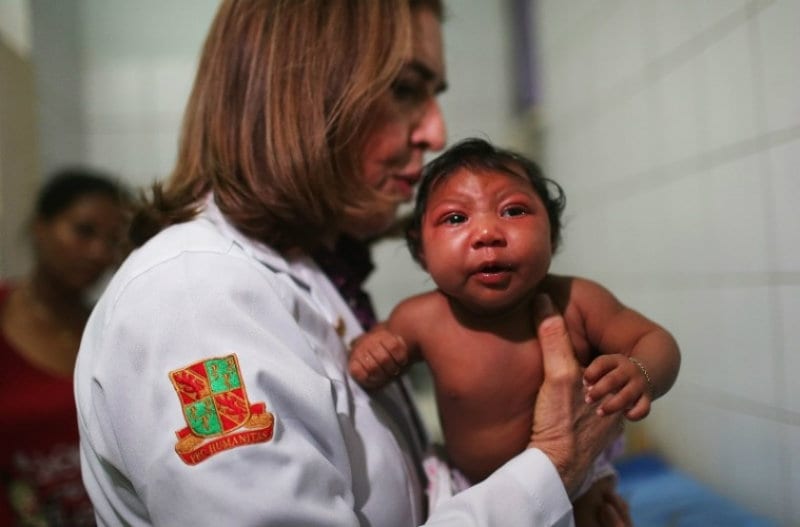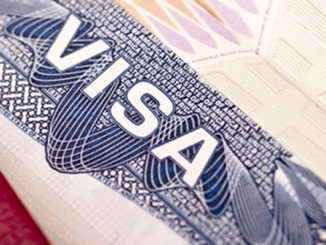
By Margaret Wurth
BRASÍLIA – Brazil’s public health emergency related to the Zika virus is over, the country’s health ministry said yesterday.
But we should not declare victory over the mosquito-borne virus.
The announcement came 18 months after the government first declared Zika a national emergency, as increasing numbers of infants were born with microcephaly – a condition when the head and brain are underdeveloped – and other complications, together now known as Zika syndrome.
This year, the number of Zika cases, and the number of infants born with disabilities linked to the virus, dropped dramatically. No one is entirely sure why. There may be growing immunity in the population; the weather was drier; and efforts by federal, state, and local authorities to eradicate the Aedes species mosquito, which transmits the virus, may have also helped.
But the Zika threat is not gone. In fact, the underlying conditions that allowed the outbreak to escalate in Brazil remain unaddressed.

The Aedes species mosquito is still present in Brazil, and still carries Zika and other serious viruses. Dengue and Chikungunya, also spread by the Aedes mosquito, have flared up over the past few years and remain a constant threat. To understand how bad this could get, look no further than Brazil’s terrifying outbreak of yellow fever, which can be spread by the same mosquito and has already killed at least 240 people since December.
Longstanding problems with water and sanitation infrastructure leave communities vulnerable to Zika outbreaks and other mosquito-borne diseases. Brazilian authorities have not invested enough in water and wastewater systems, leaving many communities at risk. Droughts in the northeast are exacerbating the situation, as whole communities lose access to reliable running water, and have no choice but to store water in containers, inadvertently creating potential mosquito breeding grounds.
We also shouldn’t forget the thousands of children with Zika syndrome and their caregivers who will need long-term support and care.

Many families raising children affected by the virus face difficulties buying expensive medicine, and find it impossible to hold down jobs while spending hours each week traveling to urban centers so their children can get services.
There is a danger that, because of yesterday’s announcement, Brazilians and the international community will breathe a sigh of relief and forget about the issue. Instead, they should address the structural failures that helped create the Zika crisis in the first place.



